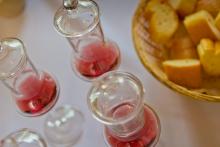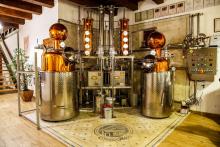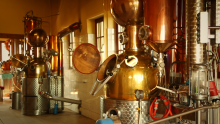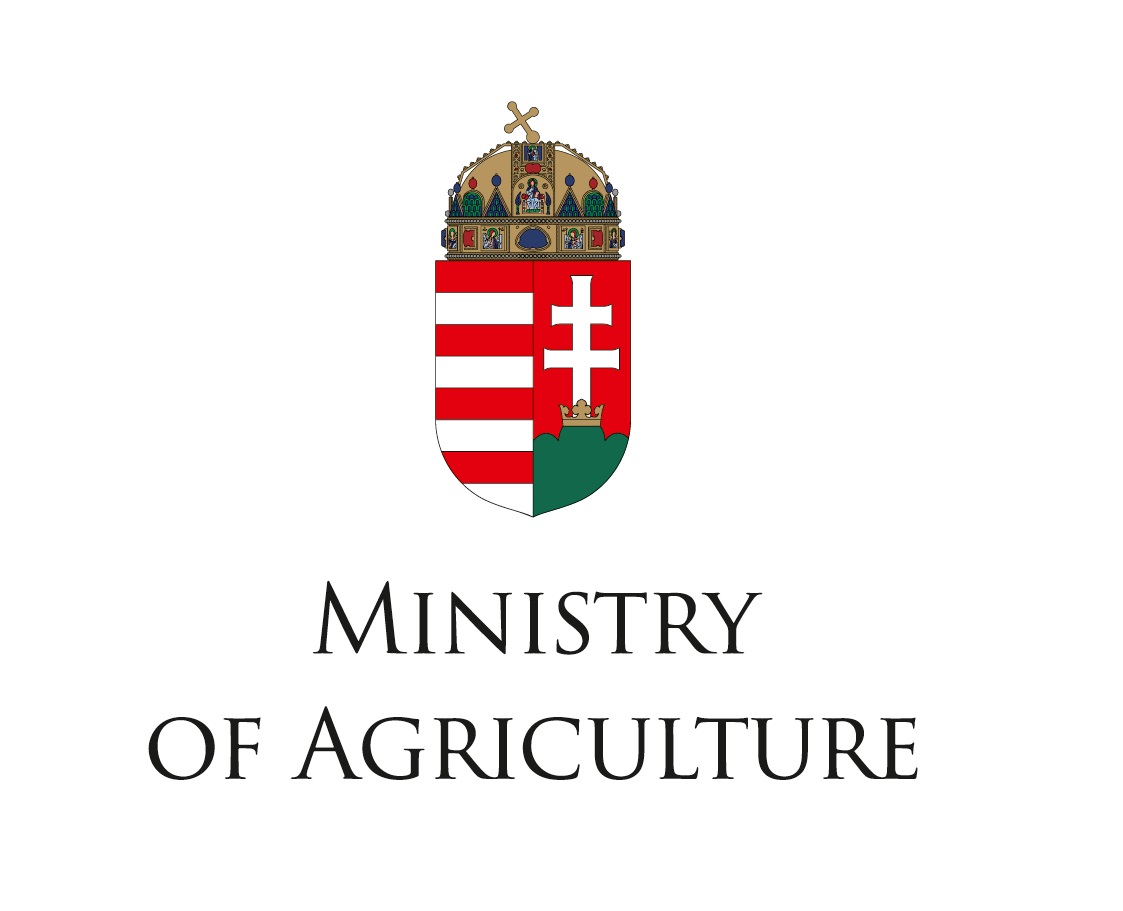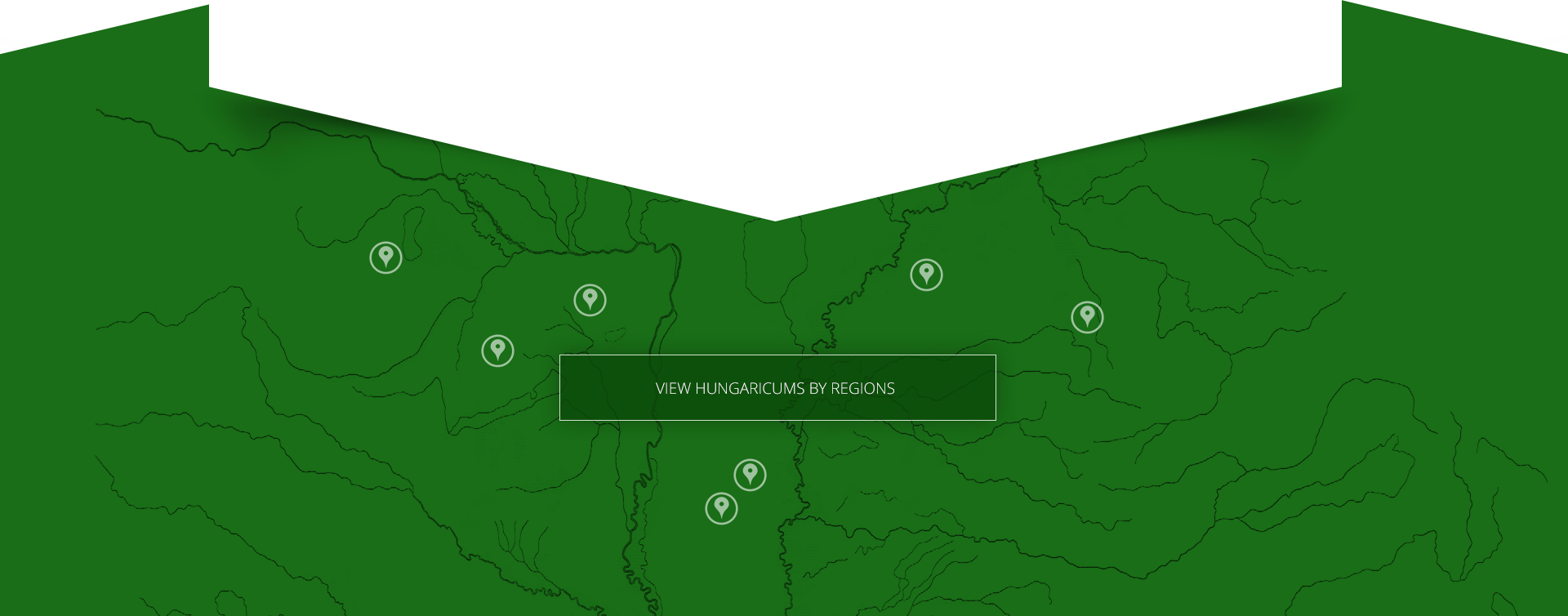Pálinka
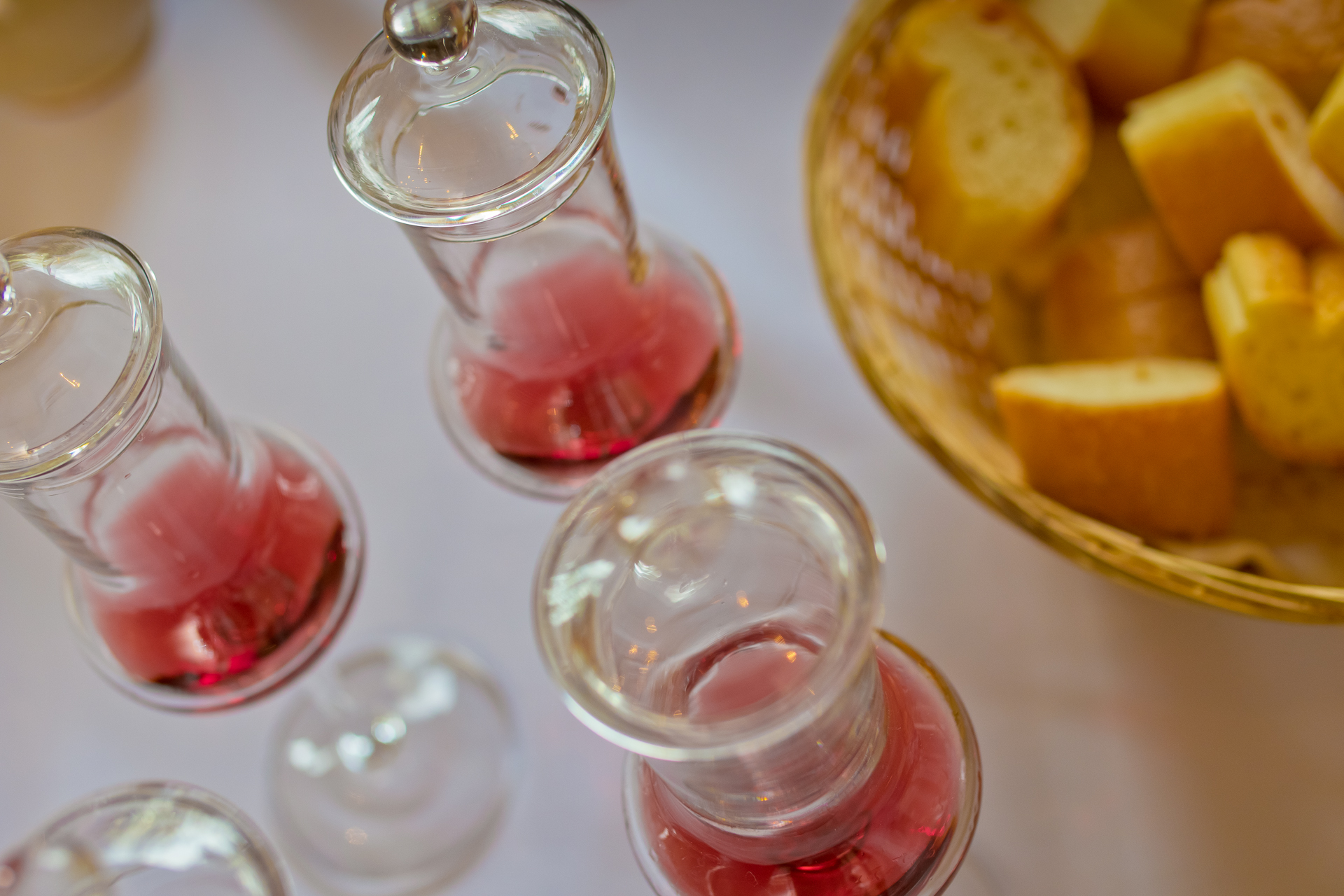
Short description:
For a long time after the appearance of alcohol distilling in 11th-century Europe, the practice within the territory of Hungary was applied to wine and the production of grain alcohol. The history of “aqua vitae” – linked to Queen Elizabeth of Hungary – dates back to the 14th century, and up until the 16th century distilled spirits were classed as medicine. What is now known as “pálinka” has been produced in Hungary from a wide variety of fruits since the middle of the 18th century. Its official description stipulates that pálinka must be fermented from fleshy pitted fruits, fruits without pits or from berries (and from the pulp of these), distilled and bottled in Hungary. Products using concentrates, semi-dried or dried fruits cannot legally be called pálinka. Mashing, fermenting, distillation, ageing and bottling must all take place in Hungary.
Tags: pálinka, hungarikum


